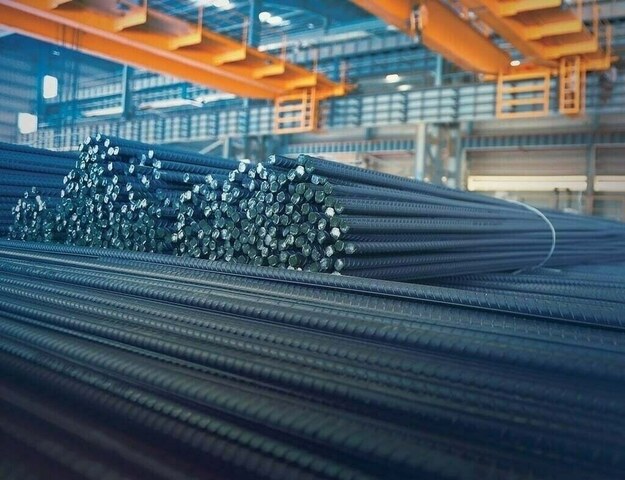By Sohail Sarfraz
Copyright brecorder

ISLAMABAD: A special audit of the steel sector has found that a major incentive of minimum price fixation had been misused by steel manufacturers and blacklisted entities were allowed unjustified adjustments of input tax.
The Auditor General of Pakistan (AGP) has conducted Thematic Audit on “Sales Tax Mechanism in the Steel Sector” for 2024-25.
The audit report revealed that based on an analysis of the steel sector’s taxation profile, it is emphatically inferred that the field formations of the Federal Board of Revenue (FBR) need to bring about a paradigm shift to address tax evasion and avoidance within the system.
The following key observations highlight the taxation complexities regarding the steel sector:
(i); The accuracy of self-assessed tax declarations, which are available inFBR’s records, is not being adequately monitored. The instances of tax evasion identified in this report indicate a lack of scrutiny over such declarations, compromising the credibility of the tax assessment process.
(ii); The FBR is not effectively monitoring claims for excess tax credits or exemptions that are inadmissible under the tax laws. This oversight creates opportunities for misuse and revenue leakage.
(iii); The FBR is not reviewing income tax returns to identify individuals or entities who are liable for mandatory registration under the Sales Tax Act of 1990. This lack of scrutiny results in potential revenue losses and non-compliance with legal obligations.
(iv); Data from third-party sources, such as utility bills, is not being adequately utilized to identify unregistered taxpayers or taxable income. Leveraging such data could significantly enhance the identification and registration of potential taxpayers.
(v); The FBR is not effectively following up on notices issued to individuals and businesses required to register and pay taxes under the sales tax laws.
This undermines enforcement efforts and allows non-compliance to persist.
There is insufficient vigilance regarding the concealment of stocks, purchases, production, sales, and the undervaluation of taxable goods.
Such practices distort the tax base and result in significant revenue shortfalls, audit report said.
The findings of this audit revealed that the incentive of minimum price fixation had been misused by manufacturers, who claimed inadmissible input tax in contravention of the prescribed rules. Additionally, blacklisted entities were allowed unjustified adjustments of input tax on purchases made. Furthermore, the FBR failed to bring local suppliers of raw materials into the tax net, resulting in a loss of potential revenue. These shortcomings can be attributed to operational negligence, weak internal control mechanisms, and inefficient oversight by the relevant FBR authorities, audit report added.
The audit recommended that diligent assessment of taxpayers’ sales tax liability under Section 11 of the Sales Tax Act 1990 and recovery of government dues along with penalties and default surcharges, if applicable, as per law.
The FBR should develop a mechanism to ensure effective monitoring of sales tax collection. This mechanism should include a certification process for production capacity utilization by the steel sector.
The FBR should conduct post-refund audit on a regular basis to ensure the authenticity of the refunds issued periodically.
The FBR should establish a proper mechanism and issuing a Statutory Regulatory Order (SRO) to notify changes in the tax regime for steel producers using locally procured scrap from unregistered suppliers.
The FBR should also monitor the commercial activities of the blacklisted entities to avoid pilferage of revenue, audit recommended.
Copyright Business Recorder, 2025



